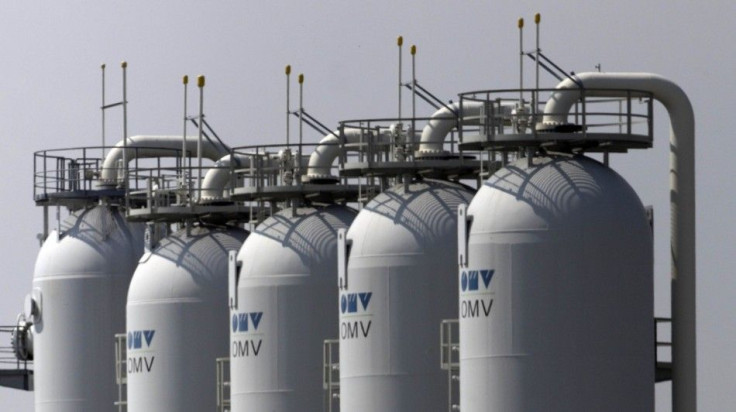EU Nations Importing Russian Gas Now Searching for Alternative Sources

The escalating tensions between the European Union and Russia over Ukraine have raised the anxieties of EU members who are importers of gas from Russia.
A report in the Telegraph noted that the reliance of Europe on Russian gas will continue. It quoted the leading rating agency Fitch to support this and said lack of alternative sources will force policymakers to sustain on the gas from Russia.
Dependence on Russia
Europe buys a quarter of its gas from Russia, and the consumption will increase by a third by 2030 when the economies recover from the debt crisis and gas-fired electricity generation will become pervasive.
An example is Greece. It meets 60 per cent of its domestic demand from the natural gas imported from Russia. But Greece recently appealed to the European Union for assistance in case of a possible halt in the supply of natural gas from Russia via Ukraine.
Amid tensions between Russia, Ukraine and Europe, the threat of a possible halt in gas imports has started worrying countries like Greece which is now searching for alternatives to meet their energy needs, ahead of the coming winter.
Alternative Options
Greece is mulling alternative options, though they are costly. One is building on existing pipeline from Azerbaijan and expanding its LNG capacity.
A report in the Forbes magazine said the Energy Minister of Greece, Yannis Maniatis, approached European Energy Minister Guenther Oettinger and sought surplus LNG for it, in the event of a disruption of Russian gas imports.
Though the cut down in Russian imports would make the commercial and industrial consumers concerned, the increase in LNG component will make a cost benefit.
More domestic production
Greece is also pushing for more domestic production to ease the dependence on costly imports. Greece is now eyeing the offshore reserves of neighbors like Cyprus and Israel to make headway towards exploration and export revenue.
Gas Transport Hub
Athens is also eyeing the prospect of Eastern Mediterranean's energy rush by becoming a transport hub for Israeli and Cypriot gas reserves. Athens entered the transport conversation with a tender for a pipeline that would transport 8 billion cubic metres of gas from fields controlled by Cyprus and Israel.
A Reuters report said the that the project will link Israel's Leviathan natural gas field to Europe via Greece using the IGI-Poseidon pipeline, managed by Italy's Edison and Greece's DEPA.





















